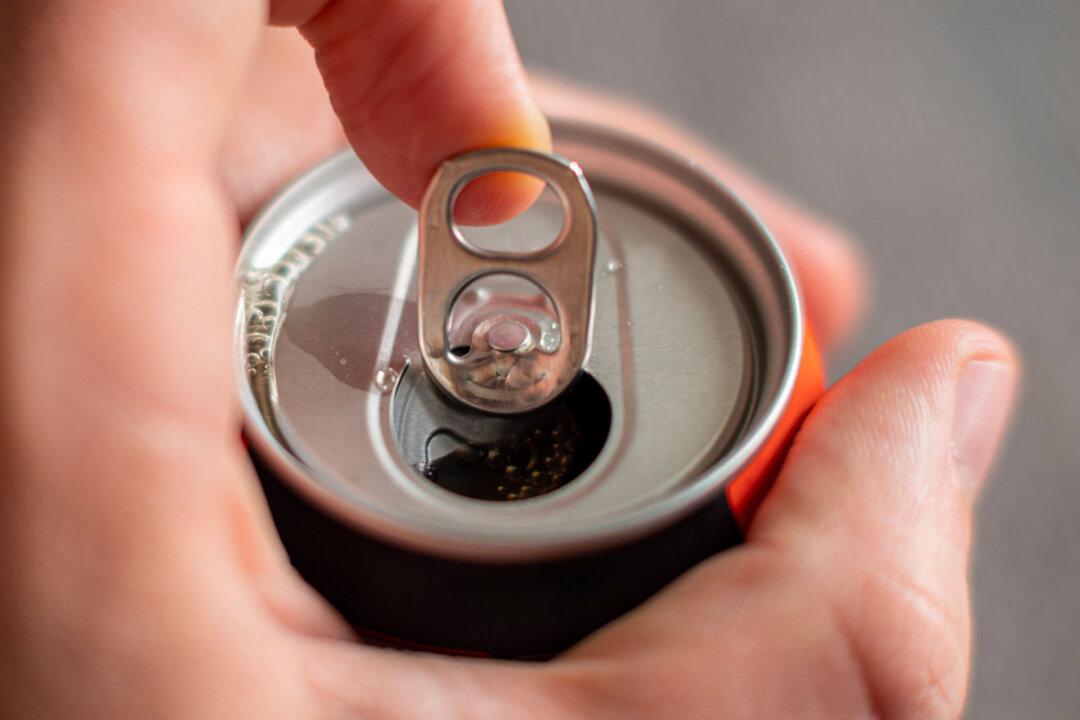South Australia’s government has removed hundreds of energy drinks from shelves after a crackdown on beverages containing excessive caffeine.
The state’s health officials found 18 businesses selling non-compliant energy drink products. Thirteen businesses received warning letters; two received expiation notices totalling $3,000 (US$1,986).





